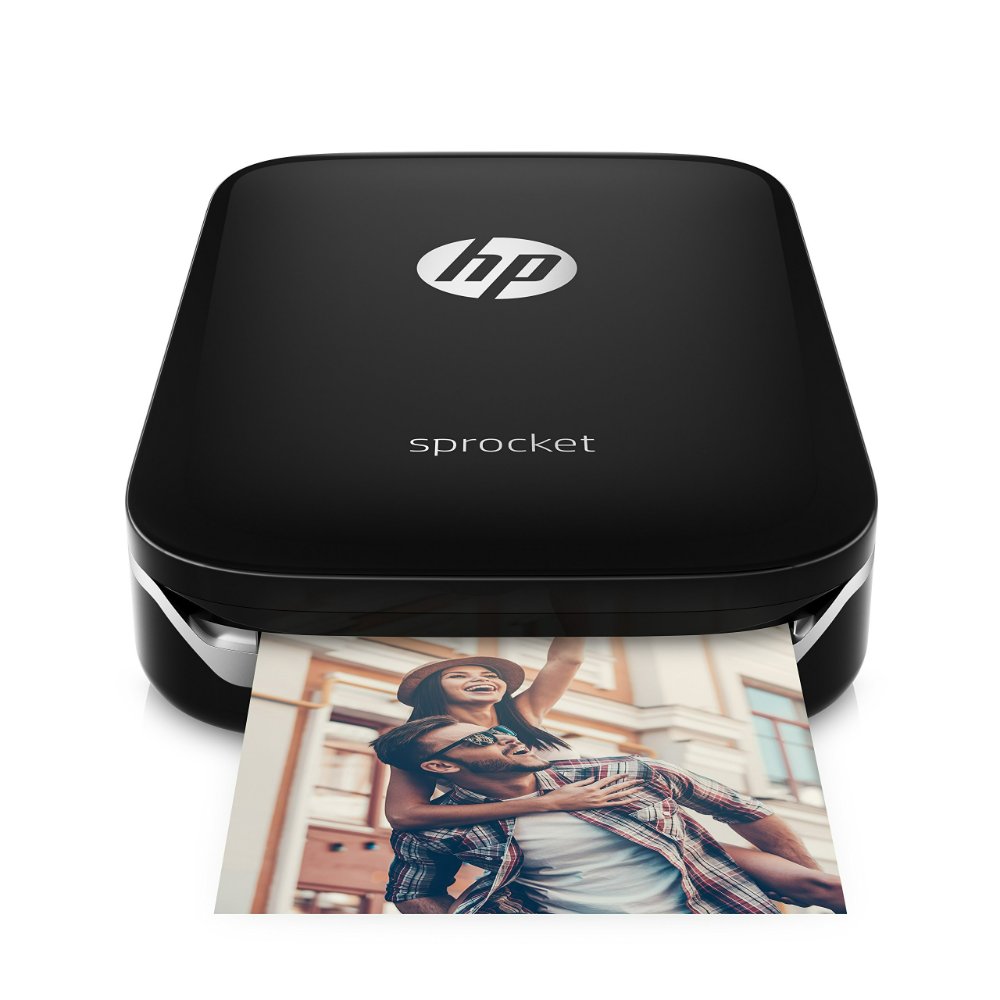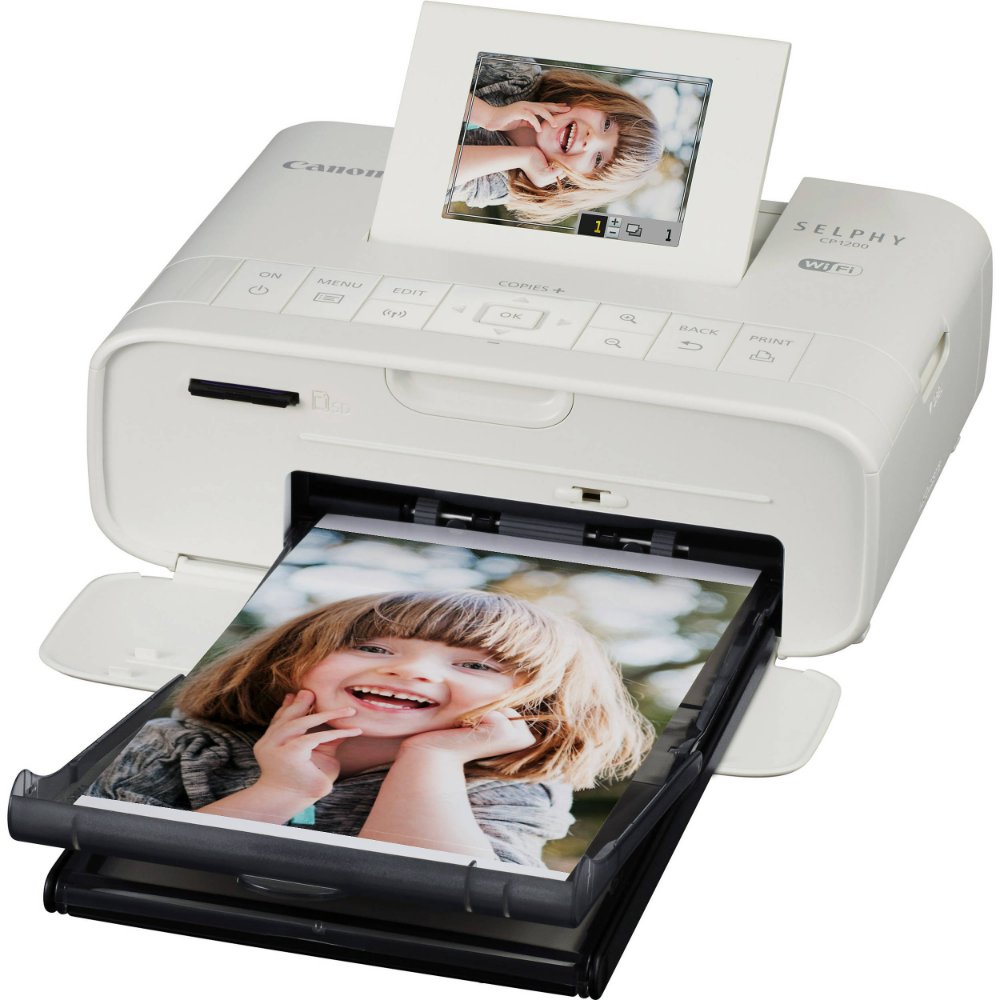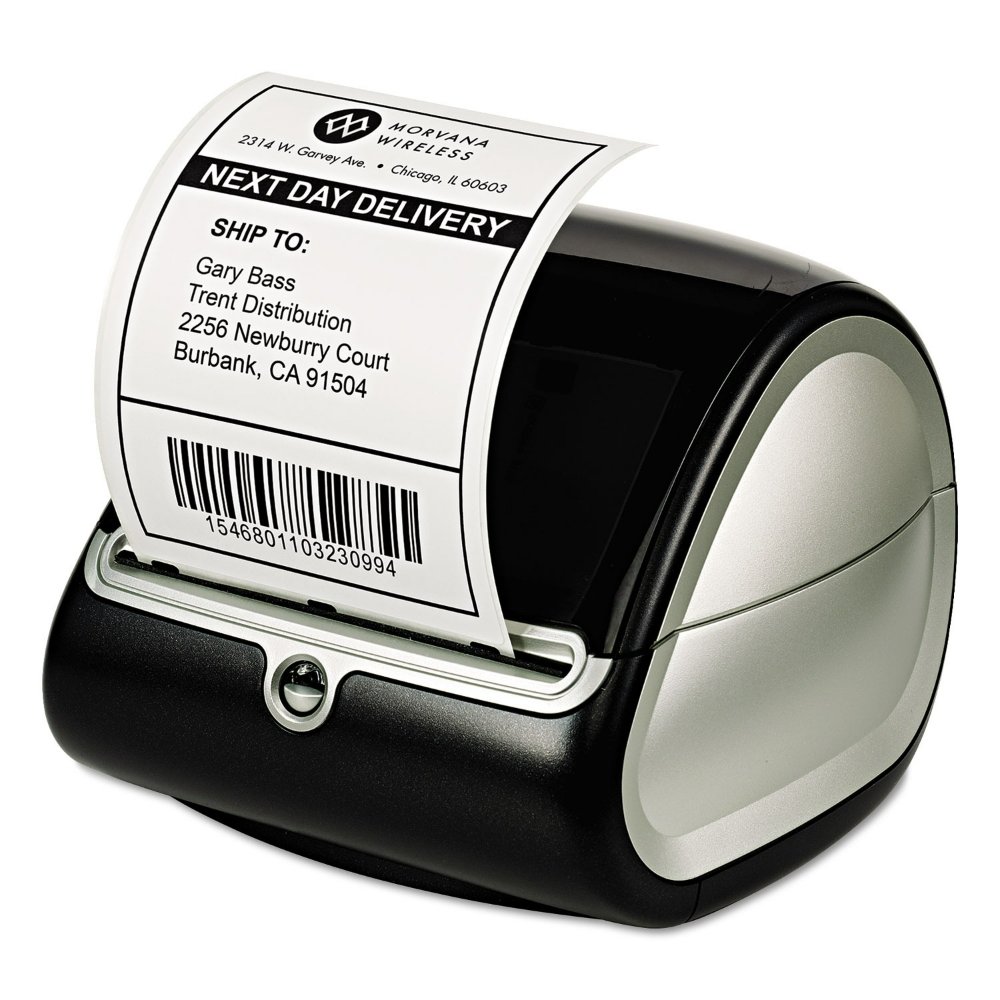The Evolution of Mini Printers
From bulky and stationary to compact and mobile, the evolution of mini printers is remarkable. Early printers were large, required a fixed location, and had limited functions. Over time, demand for portable solutions grew. The mini printer emerged as a portable device that could fit in a bag or even a pocket. Innovations allowed mini printers to offer high-quality prints, despite their small size.
From Heavy Devices to Pocket-sized Innovations
The first printers were heavy machines tied to desktop computers. They were not built for mobility. As computing devices shrunk, so did printers, leading to the development of the mini printer. In the past decade, rapid advancements in technology turned mini printers into handy devices. Their weight dropped, and their print quality improved.
Technological Milestones
Key technological milestones in mini printer development include the introduction of wireless technology, and the integration of batteries. These improvements freed mini printers from cables and power outlets, increasing their mobility. Additionally, the rise of smartphones sparked the need for mini printers compatible with mobile devices. This led to apps designed to print directly from phones or tablets.
Mini printers have come a long way, but they continue to evolve. Manufacturers strive to make them faster, more efficient, and more versatile. The mini printer of today can’t just print texts or images; it can also tackle a variety of media types. It’s an evolution driven by consumer needs and technological advancements. Each new model of mini printer seems to bring more features and better portability to the table. The future of mini printers looks compact, efficient, and bright.

Key Features of Modern Mini Printers
The modern mini printer boasts an array of features that make it a powerhouse of convenience and efficiency. Despite their small size, these printers pack a punch with capabilities suited for a variety of printing needs.
Compact and Portable Design
Today’s mini printers are impressively compact, making them ideal for on-the-go printing. They easily fit into bags or pockets. Portability is key, and many models are now lighter than ever before.
High-Quality Printing
One may think that smaller printers compromise on print quality, but that’s not the case. Modern mini printers deliver crisp, clear prints with a surprising level of detail, rivaling larger counterparts.
Wireless Connectivity
The modern mini printer thrives on wireless technology. It allows for printing from multiple devices without the need for physical connections. This includes options like Bluetooth, Wi-Fi, and NFC.
Versatile Media Handling
These printers handle a variety of media types. From traditional paper to specialized materials, mini printers adjust to different printing tasks seamlessly.
User-Friendly Interfaces
Simplicity is at the heart of mini printer design. User interfaces are intuitive, often featuring one-touch printing and easy-to-navigate menus.
Battery-Powered Operation
With built-in rechargeable batteries, mini printers ensure printing away from power outlets is possible. This freedom enhances their mobility and utility in various settings.
Integration with Mobile Apps
Mini printers pair with dedicated mobile apps. This collaboration enables users to print directly from smartphones and tablets. Convenience is just an app away with these modern printers.
Each of these features contributes to the growing popularity of mini printers. They embody the perfect blend of functionality and portability that today’s consumers and professionals demand.

Connectivity Options for Miniature Printers
The revolutionary design of the mini printer has been matched by the evolution of its connectivity options. Understanding these options is crucial for users who want to make the most out of their portable printers. We’ll explore the various ways in which these compact devices can connect to different gadgets for efficient printing anywhere, anytime.
Bluetooth Connectivity
Mini printers with Bluetooth connectivity allow for easy pairing with smartphones, tablets, or laptops. No wires needed; just turn on Bluetooth, connect, and print.
Wi-Fi-enabled Printing
Wi-Fi connectivity in mini printers offers the ability to join a network. Once connected, users can print from any device on the same network without direct hookups.
NFC (Near Field Communication)
Some mini printers come with NFC. A simple tap from a compatible device is enough to establish a connection and start printing tasks.
USB Connections
For those preferring a wired approach, USB remains an option. Mini printers can plug into computers or other USB-enabled devices for a stable connection.
Printing via Mobile Apps
Utilizing dedicated mobile apps, mini printers sync seamlessly with smartphones or tablets. This method simplifies the printing process with user-friendly interfaces and app-specific features.
The integration of these connectivity options in mini printers underscores their versatility and user-oriented design. Current models provide various methods to suit individual preferences or situational needs, ensuring printing is accessible no matter the location. This adaptability is a significant factor in the widespread adoption of the mini printer.
Popular Uses of Mini Printers in Different Industries
Mini printers have found a home in various industries, each exploiting their portability and functionality. Here are some popular uses across different sectors:
- Retail: In retail environments, mini printers quickly generate receipts, labels, and coupons for customers on the spot.
- Healthcare: Healthcare professionals use them to print out prescriptions or patient records at the point of care.
- Logistics: For logistics and delivery services, they are ideal for printing shipping labels and delivery notes on the go.
- Event Management: At events, they serve to print badges, tickets, or event schedules for attendees.
- Photography: Professional photographers offer instant printouts of photos at events or in the field.
- Education: Educators and students alike benefit from the ability to print handouts or assignments anywhere on campus.
- Hospitality: The hospitality industry utilizes mini printers to provide guests with bills or service receipts.
These industry applications showcase the versatility of mini printers. They cater to instant printing needs, making them invaluable tools in today’s fast-paced business world.

Comparison of Inkjet vs Thermal Mini Printers
When selecting a mini printer, understanding the differences between inkjet and thermal printing technologies is paramount.
Inkjet Mini Printers
Inkjet mini printers deploy tiny droplets of ink onto paper to create images or text. They’re known for excellent color reproduction, making them perfect for photo printing on the go. However, ink cartridges may need replacements more often compared to thermal printers, potentially increasing long-term costs.
Thermal Mini Printers
Thermal mini printers, on the other hand, use heat to transfer pigment onto paper. They are more reliable in fast-paced environments, like printing receipts or tickets, due to fewer moving parts. Thermal printers require special paper but save on ink costs, offering economic benefits for frequent use.
Both inkjet and thermal mini printers offer distinct advantages. Your choice will depend on your specific printing needs, such as image quality for photographs or cost-efficiency for text documents.
Best Mini Printer Models on the Market
When it comes to choosing the best mini printer, the market offers a plethora of options. To help you navigate through these choices, we’ve highlighted some top mini printer models that stand out for their exceptional features and reliability.
Portable and High-Performance
The HP Sprocket Select is popular for its sleek design and user-friendly app interface. It fits easily into a pocket or bag, making it an excellent choice for printing photos while on the move.
Cost-Effective and Efficient
For those seeking an economical option, the Canon PIXMA TR150 offers great value. It’s known not only for its affordability but also for its durable battery life and impressive print quality.
Innovative and User-Friendly
The Polaroid Hi-Print is another mini printer that has caught the attention of users. It stands out with its unique dye-sublimation printing technique, perfect for vibrant photo prints.
Rugged and Robust for Professional Use
Professionals might lean towards the Brother PocketJet 7 Series, which provides reliable thermal printing in harsher environments. It’s built to last and is ideal for fieldwork where durability is essential.
Compact with Diverse Connectivity
Lastly, the Epson WorkForce WF-110 is revered for its compact size and multiple connectivity options, including Wi-Fi and Wi-Fi Direct. It is a versatile printer that caters to both business professionals and casual users.
Each of these models offers something different, from high print quality to diversity in connectivity. They exemplify the wide range of functions and conveniences that current mini printers provide, reflecting the continued innovation in on-the-go printing technology. When selecting a mini printer, consider the specific features that you need to cater to your printing requirements.
How to Choose the Right Mini Printer for Your Needs
Selecting the right mini printer requires evaluating your specific needs. Here’s a guide to help you make an informed decision:
Assess Your Printing Needs
Begin by considering what you’ll print most often. Do you need crisp photos or quick text documents?
Consider Print Quality vs. Speed
High-quality prints might be your priority, or perhaps you need fast output more. Decide which matters most to you.
Evaluate Portability and Size
If you’re always on the move, opt for a lighter, more compact model. Make sure it fits your travel gear.
Review Battery Life
Long-lasting battery life is crucial for printing without power sources. Choose a model with a powerful battery.
Check Connectivity Options
Think about how you’ll connect to the mini printer. Wireless options offer convenience, while USB might provide stability.
Analyze Cost of Supplies
Inkjet printers need more frequent ink replacements. Thermal printers save ink but require special paper. Weigh these long-term costs.
Read User Reviews
Look for feedback from other users. Reviews can reveal the reliability and real-world performance of mini printers.
Determine Your Budget
Finally, determine how much you’re willing to spend. Balance your budget against the features you need most.
By considering these factors, you can choose a mini printer that aligns with your printing needs and lifestyle. The mini printer market offers options for all preferences, ensuring there is a model out there perfect for your requirements.
The Future of Portable Printing Technology
The future of mini printer tech holds exciting prospects. As we envision what lies ahead, several trends and advancements emerge, outlining a path filled with innovation. Here’s what to expect:
Smaller, More Powerful Devices
Future mini printers will become even smaller. Yet, their performance won’t suffer. Expect tiny printers with big capabilities, providing exceptional print quality.
Enhanced Battery Life
Batteries will last longer, making mini printers more reliable for extended periods. This will be a game-changer for travelers and professionals alike.
Improved Environmental Sustainability
Eco-friendly mini printers are on the horizon. Manufacturers will focus on reducing waste and using sustainable materials.
Advanced Connectivity Features
Connectivity options will evolve beyond Bluetooth and Wi-Fi. Look for seamless integration with emerging tech like 5G and IoT devices.
Increased Print Speeds
Mini printers will print faster without compromising on quality. Time-saving will be key when on the go.
Multi-functional Uses
These printers will do more than print. They’ll scan, copy, and maybe even fax. One device will handle all your portable document needs.
AI and Machine Learning Integration
Artificial intelligence will optimize printing tasks. Machine learning could predict your print needs and adjust settings automatically.
In conclusion, the progress in mini printer tech will make on-the-go printing easier, faster, and more versatile. Keep up with these changes to get the most out of future portable printing.